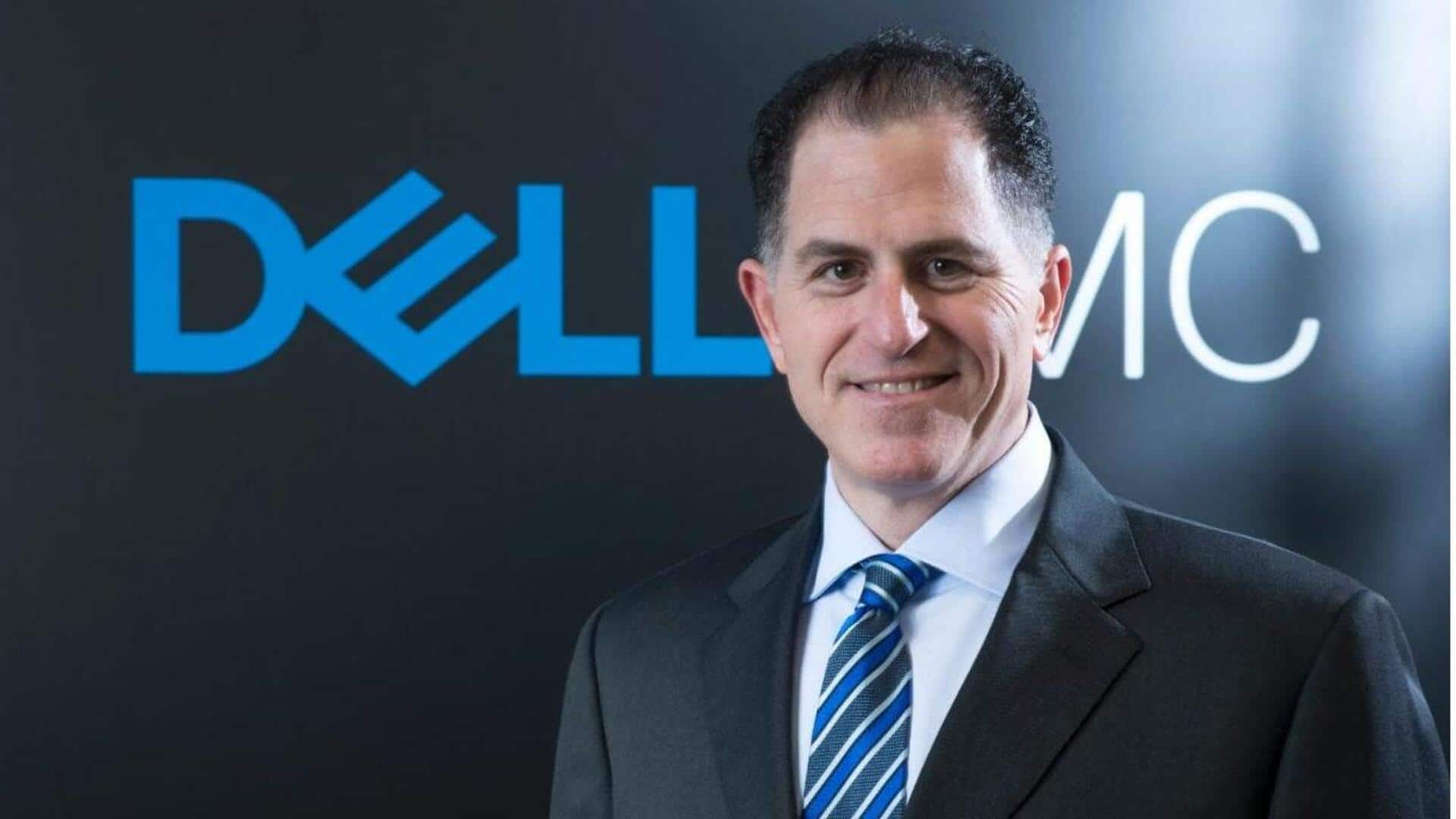
Dell CEO contradicts Narayan Murthy, urges 'working smarter, not harder'
What's the story
In a recent podcast, Dell CEO Michael Dell has stressed on "working smarter and not harder." On the other hand, Infosys co-founder Narayana Murthy believes it is hard work and discipline that will propel India to become a $5 trillion economy. The two contradictory philosophies highlight the importance of individual well-being and societal responsibility in bringing about meaningful change.
Work-life balance
Balance is the key to success
On the podcast In Good Company, Dell emphasized that there's a point of diminishing returns to the hours worked in a day. He emphasized need for a balance between work, play, and relaxation. "And if you're going to do something for a long time, you better find the [right mixture of] working, playing, and relaxing," he said. This philosophy is evident in his own routine where he stays disciplined by going to bed early and waking up early to exercise.
Success mantra
Dell's company reflects his philosophy
Dell's philosophy also extends to his company, which generated a whopping $88 billion in revenue last year. He stressed on the importance of humor in the workplace, saying, "If you can't laugh, joke around, play tricks on people, you're doing it wrong." He also urged young professionals to be bold and take risks.
Economic growth
Murthy's perspective: Hard work is essential for India's progress
Unlike Dell, Murthy stressed on working hard to elevate India's economic and social position. Speaking at the Indian Chamber of Commerce's centenary celebrations in Kolkata, he suggested a 70-hour workweek for youngsters. "We have to set our aspirations high because 800 million Indians get free ration. That means 800 million Indians are in poverty. If we are not in a position to work hard, then who will work hard?" he asked.
Ideological shift
Murthy's journey from socialism to 'compassionate capitalism'
Murthy shared how he moved from socialism in Jawaharlal Nehru's era to "compassionate capitalism." He believes job creation resulting in disposable incomes is the only way a country can fight poverty. Recalling his time in Paris in the 1970s, he said he was disillusioned with socialism and understood the benefits of capitalism. "I realized if I had to come back and experiment in entrepreneurship, then we have to embrace compassionate capitalism," he said.